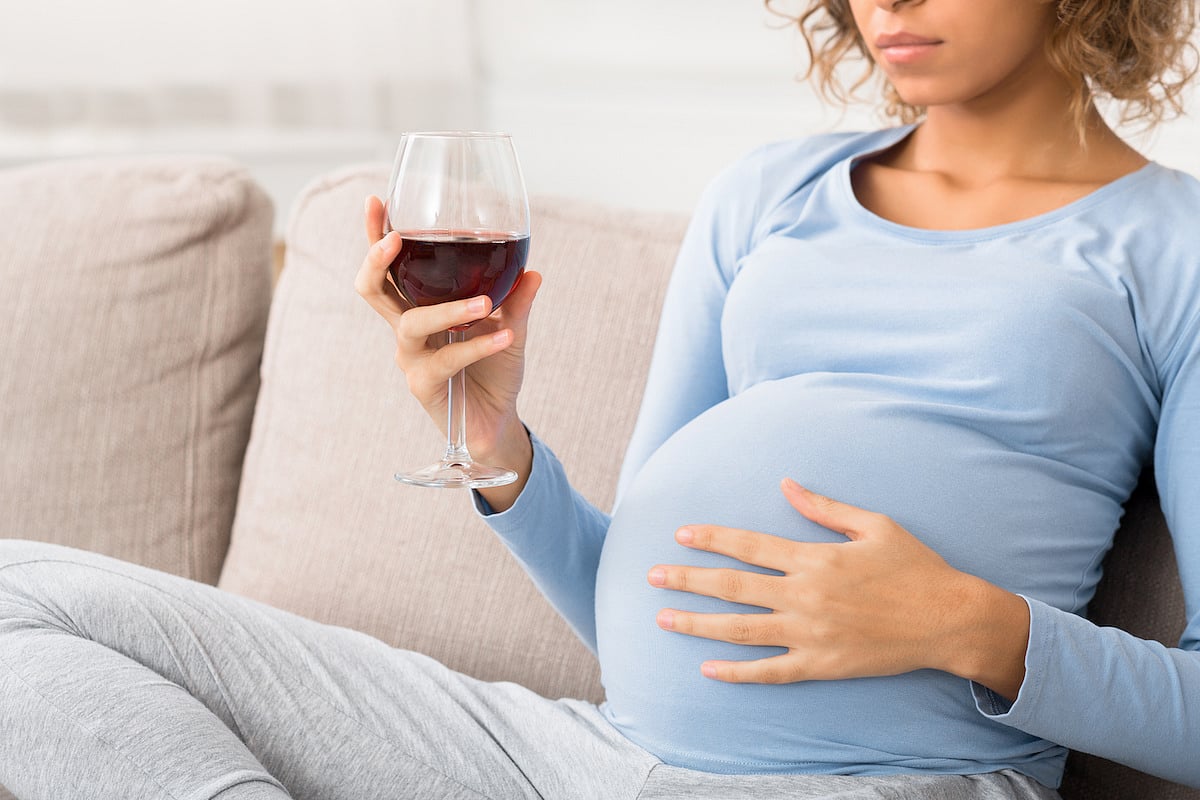If you are a business wanting to schedule multiple employees, please call the pharmacy at 870-423-2094 instead of using the website scheduler.
ATTENTION ALL MEDICARE CUSTOMERS:
Significant Changes to Medicare Part D Plans in 2024 that can affect you!
~ WE ARE LIMITED ON THE PLANS WE CAN TAKE ~
Learn how Economy Drug is addressing these changes – click here to read more.
Get Healthy!

- Posted August 4, 2024
Drinking During a Pregnancy: An Expert Offers Guidance
It's a question many women may ask themselves during pregnancy: Will an occasional glass of wine harm the baby?
While the latest research shows the answer is definitely yes for large quantities of alcohol or binge drinking, the answer is less clear for small amounts, although any alcohol consumption carries some risk, said Vidya Rajagopalan, a principal investigator at The Saban Research Institute of Children’s Hospital Los Angeles.
Her research includes studying the development of a baby’s brain in utero using advanced MRI scans. Rajagopalan is also participating in the National Institutes of Health's HEALthy Brain and Child Development (HBCD) Study, which looks at the use of alcohol and other substances in pregnancies, she noted.
What have they found so far? Studies clearly show that drinking large quantities of alcohol while pregnant does affect a baby’s health.
“When pregnant women drink a lot of alcohol, they are at higher risk of having children with neuro-developmental problems,†Rajagopalan said. “The science shows that fetal alcohol spectrum disorders occur with heavy or binge drinking.â€
Such disorders involve a range of symptoms, including:
Brain and facial deformities
Challenges with eating and sleeping
Hearing and vision issues
Low birth weight
Children with these disorders are more likely to have cognitive and behavioral issues, and they may also be at higher risk of developing alcohol or substance abuse problems later in their lives.
But what about much smaller amounts of drinking during pregnancy?
“The general guideline of national organizations like the CDC and the American College of Obstetrics and Gynecology is that there is no safe limit,†Rajagopalan said. “There is no accepted scientific evidence showing that low levels of drinking are safe.â€
One reason for that is the fact that studies requiring pregnant women to drink alcohol wouldn't be feasible or ethical. “We can’t run tests that could potentially harm a baby or mother,†she noted.
Another reason is that alcohol is only one of many factors that drive a baby’s development, Rajagopalan said. Genetic factors, the mother’s physical and mental health and environmental concerns also have to be taken into account.
What should pregnant women do?
Before deciding whether to have a drink or not, they should understand all of the risks, Rajagopalan said.
“We don’t have a scientific way of proving that one glass of wine is OK,†she said. “I encourage women to discuss the risks with their provider and hold their provider responsible for giving them reliable information.â€
SOURCE: Children's Hospital Los Angeles, news release, July 25, 2024
